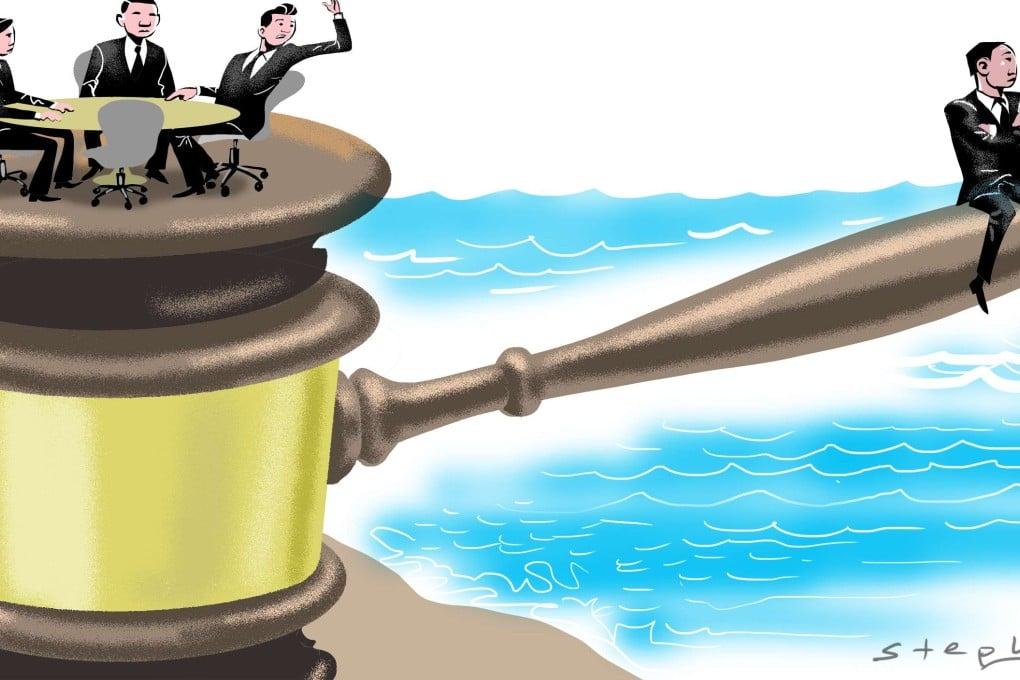Is there a way for Beijing to save face after the South China Sea arbitration ruling?
Jerome A. Cohen says China should look to restart negotiations with the Philippines after the upcoming ruling on the UN Law of the Sea dispute, given its impact on regional peace and its own foreign policy


Rumour even has it that the People’s Republic, by enticing many landlocked autocracies and other smaller states with no apparent interest in the South China Sea to endorse its position, may seek to delegitimise the arbitration decision through a majority vote in the UN General Assembly or some other international forum.
China is sailing solo on South China Sea issues, despite its claims to the contrary

Filipino nationalists say flag-planting on disputed shoal halted by China
Taiwan finds itself in a third distinctive position. The recently departed administration of president Ma Ying-jeou, himself an international law specialist, went all out to persuade both the world and the tribunal that Taiping Island (Itu Aba), the largest of the disputed Spratly chain and the only one that Taiwan occupies, deserves a 200-nautical-mile “exclusive economic zone”. Taipei and Beijing, because they both claim to represent China, take similar positions regarding many of the issues at stake in the arbitration. Yet Taipei, it should be emphasised, unlike Beijing, does not seek to discredit either the tribunal’s proceedings or the arbitrators.